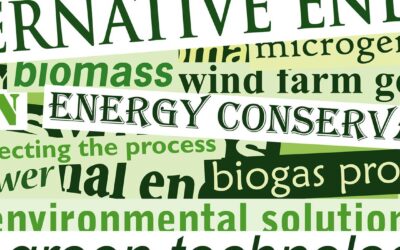This guest post comes to us from Adam Stern (not be confused with our own Adam Stein), who has worked for several national environmental organizations concerned with global warming.
The decision last month by the U.S. Supreme Court to hear its first global warming case offers opportunities and pitfalls for advocates of greenhouse gas regulation.
The court’s willingness to consider the case thrusts global climate change into the legal limelight like never before. The case centers on the Clean Air Act, first passed in 1963 and later amended in 1970 and 1990. The states — including some big ones like California, Illinois, and New York — and a coalition of national environmental groups, are claiming that the law’s imperative to protect the public health and welfare gives the EPA authority to regulate greenhouse gases emitted from cars.
The Act lists some pollutants by names and leaves others to the discretion of the EPA. In a brief filed in this case, the Bush Administration stated that Congress didn’t intend to address global warming when it passed the clean air law. They may be correct on this point since CO2 wasn’t on the original list, nor was it added in the most recent revision. But now with a worldwide scientific consensus that human activity is altering the Earth’s climate with potentially severe consequences, the Administration’s argument rests on shakier ground.
President Bush continues to push the outdated view that human-caused global warming remains open to debate. Meanwhile, Congress is dilly-dallying over various forms of CO2 emissions legislation that it probably won’t consider seriously until after the mid-term elections. That leaves our third branch of government, the Supreme Court, with an opportunity to lead in confronting global warming.
While the current make-up of the court suggests that the justices will interpret the Clean Air Act narrowly, it’s worth speculating for a moment on what would happen if a court majority formed in favor of CO2 regulation. Such a decision would be to the environmental movement what “Brown v. Board of Education” was to civil rights. In the aftermath, progressive elected officials or corporate leaders who had already moved to reduce carbon emissions would be hailed as far-sighted heroes. And the laggards in government and business would be scrambling to buy carbon offsets before the prices went too high.
Brought to you by terrapass.com
Featured image







